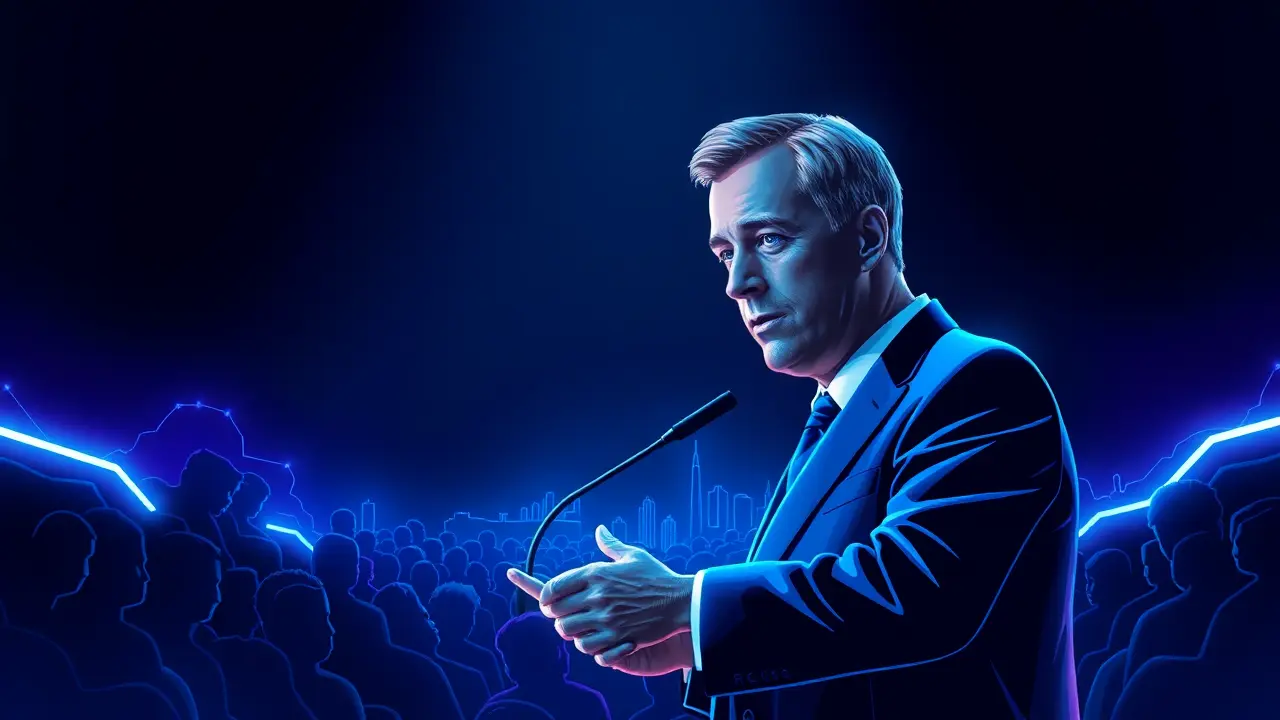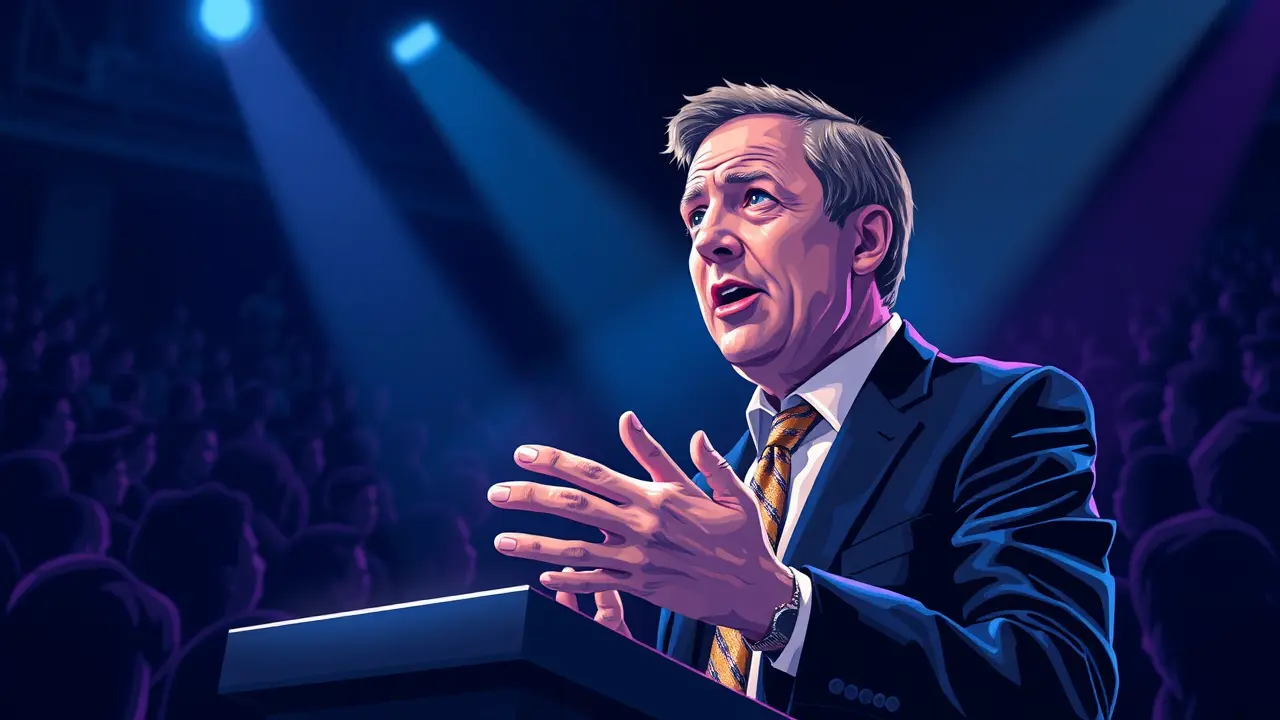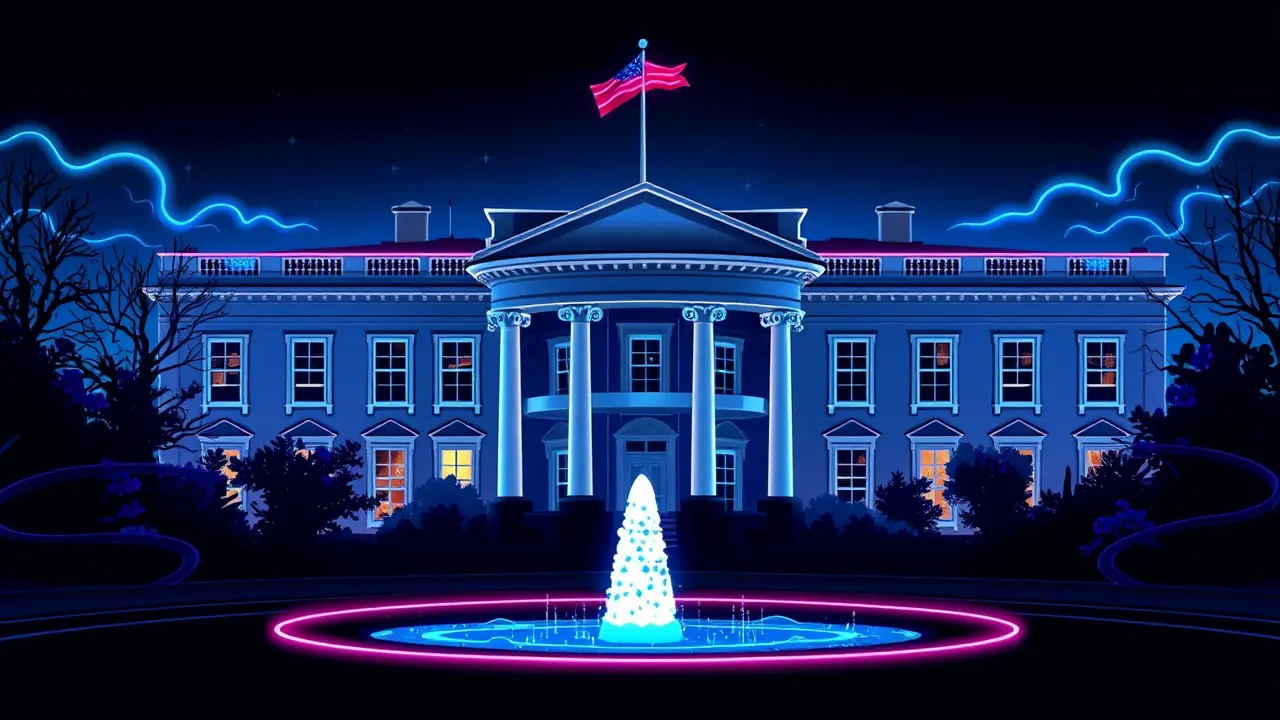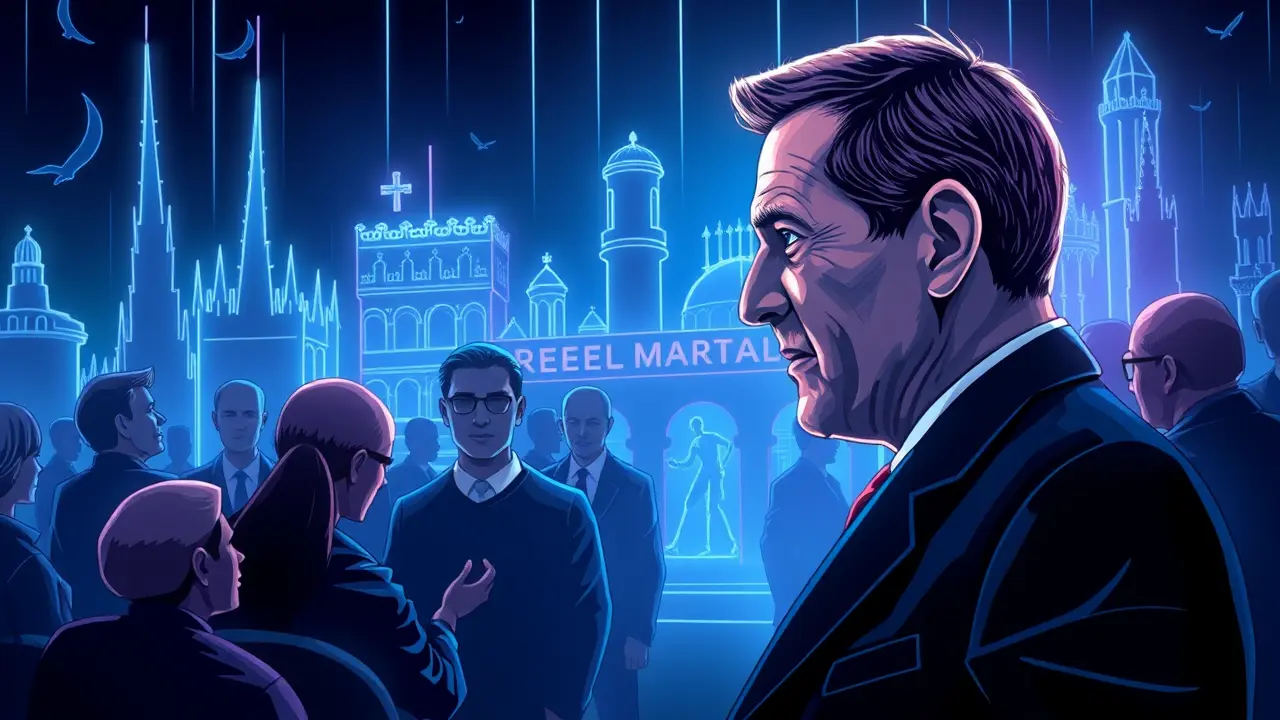
Politicscorruption & scandalsGovernment Transparency
Anatomy of a Media Credibility Crisis.
RO
Robert Hayes
11 hours ago7 min read3 comments
The anatomy of a credibility crisis is not a sudden rupture but a slow, corrosive decay, a process as old as public discourse itself, where the foundational trust between an institution and its public fractures under the weight of repeated failures, perceived biases, and a fundamental breach of the social contract. We see this pattern etched throughout history, from the waning authority of the medieval Church to the profound public disillusionment following the Pentagon Papers and the Weapons of Mass Destruction intelligence that propelled a nation into war; these were not mere scandals but systemic failures that forced a reckoning with who we believe and why.In the contemporary landscape, this crisis has been exponentially accelerated by the digital ether, where misinformation spreads with viral potency and algorithmic echo chambers reinforce pre-existing beliefs, creating parallel realities where consensus facts become casualties in a relentless information war. The initial phase of such a crisis often involves a critical error or a pattern of opaque behavior—be it a news organization retracting a major story, a government agency obfuscating data, or a tech giant mishandling user privacy—which then becomes a focal point for long-simmering public grievances.This is swiftly followed by the amplification phase, where critics, political opponents, and bad-faith actors seize upon the misstep, not merely to correct the record but to dismantle the entire edifice of authority, often employing what Churchill might have recognized as a form of political warfare aimed at the home front. The institution's response is paramount; a defensive, legalistic posture that denies culpability or attempts to quietly bury the error only deepens the wound, while a transparent, humble admission of fault and a demonstrable commitment to reform can, over a long and arduous period, begin the process of rebuilding.The consequences are profound and far-reaching: a populace adrift in a sea of conflicting narratives becomes susceptible to demagoguery, evidence-based policymaking falters, and the very mechanisms of democratic accountability are weakened. We are now witnessing this play out across multiple fronts—in the strained relationship between major media outlets and a skeptical public, in the cratered trust in once-venerated financial and health institutions, and in the geopolitical arena where state actors actively weaponize narrative to undermine rivals.The path out of this wilderness requires more than just fact-checking; it demands a renewed commitment to intellectual honesty, a media literacy that empowers citizens to navigate complex information ecosystems, and a courageous institutional ethos that prizes long-term credibility over short-term engagement or political expediency. The integrity of our public square, and indeed the health of our democracies, depends on it.
#media trust
#credibility crisis
#journalism ethics
#public opinion
#featured
#misinformation
#accountability
Stay Informed. Act Smarter.
Get weekly highlights, major headlines, and expert insights — then put your knowledge to work in our live prediction markets.
Related News
© 2025 Outpoll Service LTD. All rights reserved.








